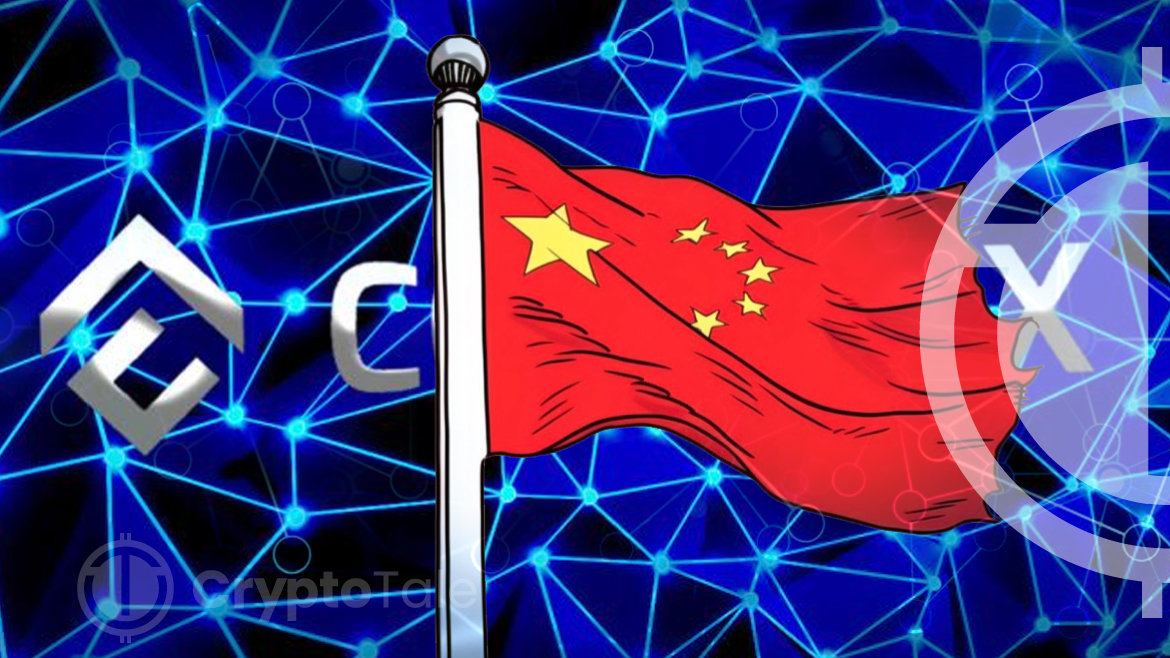- China announced a significant blockchain project titled “Ultra-Large Scale Blockchain Infrastructure Platform” for the Belt and Road Initiative.
- Conflux Network will lead the development of this public infrastructure, focusing on cross-border cooperation without involving cryptocurrencies.
- The project aims to foster technological collaboration along the Belt and Road routes, enhancing digital infrastructure and global partnerships.
Regulators in China have launched an initiative dubbed the “Ultra-Large Scale Blockchain Infrastructure Platform for the Belt and Road Initiative.” The project will see the blockchain infrastructure platform Conflux Network take the helm.
Treemap Blockchain Research Institute initially announced the development on March 30. The announcement followed a demonstration meeting at the Shanghai-based Treemap Institute, where participants included the China Academy of Information and Communications Technology, Shanghai Jiao Tong University, Fudan University, Shanghai Maritime University, and other units.
Expert industry leaders from institutions such as the Industrial Development Promotion Center of the Ministry of Industry and Information Technology were in attendance, and representatives from the Shanghai Science and Technology Commission also participated. The initiative aims to establish a public blockchain infrastructure platform, explicitly excluding cryptocurrencies in alignment with the Chinese government’s stance on digital currencies.
Conflux Network, via an X post, confirmed its role in developing this public blockchain infrastructure in collaboration with the Chinese government. The project is designed to foster a platform that facilitates cross-border cooperation projects along the Belt and Road Initiative. It aims to provide a foundational layer for the development of applications that promote cross-border collaborations.
This blockchain project led by Conflux is part of China’s broader effort to assert its leadership in the blockchain industry. Shanghai has previously published a comprehensive plan to develop its urban blockchain digital infrastructure system from 2023 to 2025. Forbes reported that this plan is crucial to Shanghai’s strategic goal of undergoing a digital transformation and enhancing the use of blockchain technology across public services, the economy, and urban management.
Chinese regulators are also advancing amendments to their Anti-Money Laundering (AML) regulations, marking the first significant update since 2007. These changes will establish a more stringent regulatory framework, with the goal of curbing money laundering facilitated by cryptocurrencies. This move follows reports of virtual currency platforms involved in a $2.2 billion underground banking scheme that bypassed national foreign exchange laws.
Despite innovations in blockchain, China has been restrictive about cryptocurrencies since its 2017 ban on crypto exchanges. However, the interest in cryptocurrencies among Chinese investors remains significant. A report from Kyros Ventures, a Vietnamese venture capital firm, revealed that 33.3% of Chinese investors own a considerable amount of stablecoins, ranking second only to Vietnam’s 58.6%.






